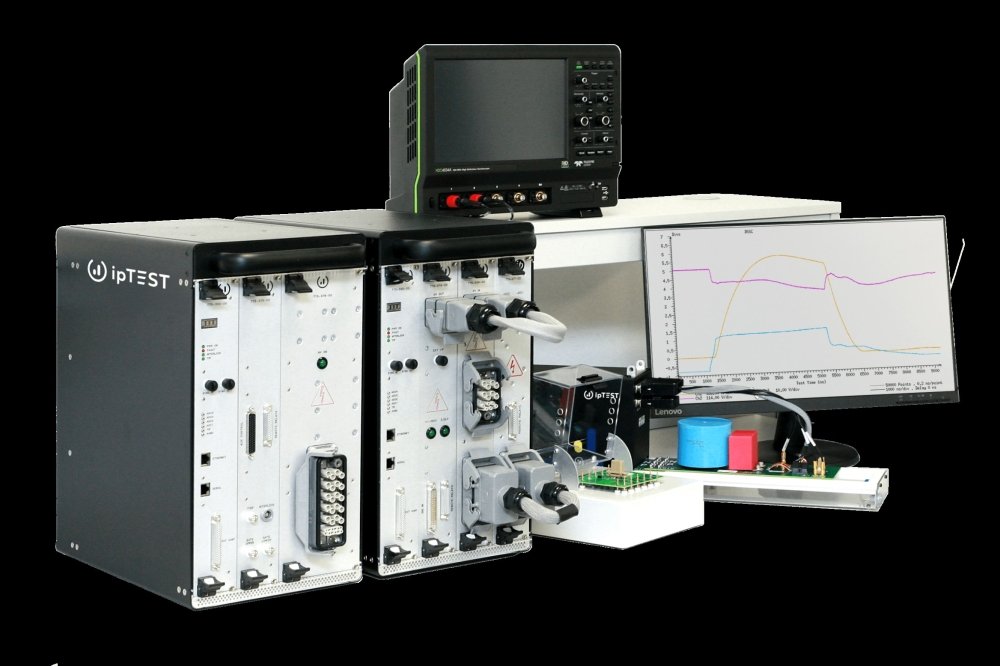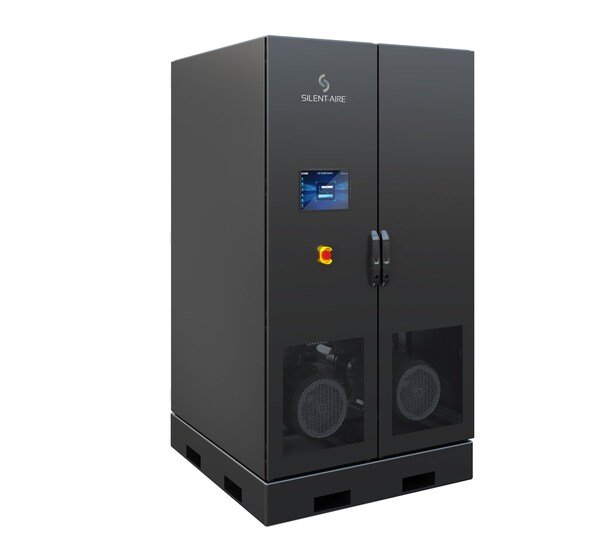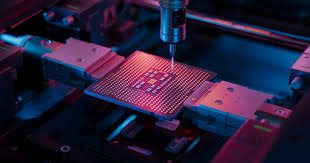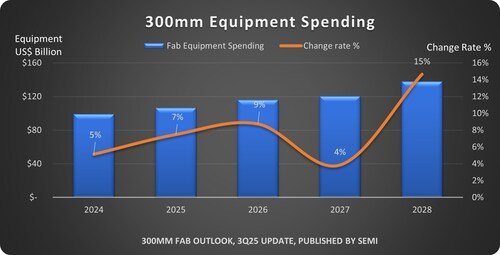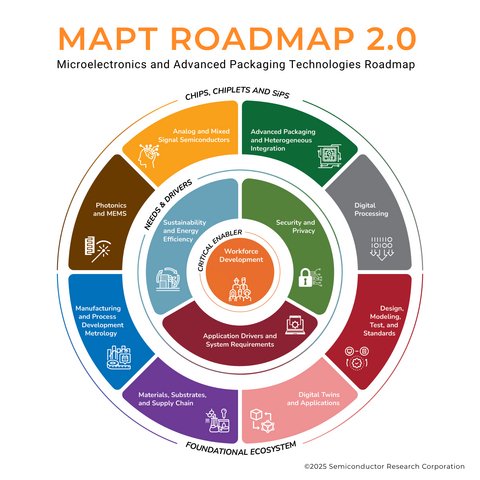Microtest Group Launches Quasar200 and Pulsar600 for Next-Generation Power Device Characterisation
Microtest Group Launches Quasar200 and Pulsar600 for Next-Generation Power Device Characterisation
Microtest Group, a leading European manufacturer of semiconductor test equipment, has introduced two new turnkey platforms for power device characterisation — Quasar200 and Pulsar600 — developed by its UK subsidiary, ipTEST.
The systems are engineered to evaluate how power devices manage high currents and voltages safely and efficiently, combining precision measurement with simplified workflows for both R&D and production environments.
Quasar200 supports silicon, GaN, and SiC device evaluation, delivering rapid, high-accuracy DC and AC measurements with exceptionally low parasitic inductance.
Pulsar600, its high-power counterpart, extends these capabilities to ultra-high-current applications, including SiC inverters and automotive systems, offering short-circuit testing up to 1,000 A DC and 10,000 A+ AC.
Both platforms provide up to ±0.1 percent measurement accuracy across all voltage and current waveforms, with typical parasitic inductance below 30 nH in AC tests. Each system incorporates UKAS-traceable calibration and detailed audit logs to ensure consistency, reliability, and compliance from laboratory use to high-volume production.
“We’re proud to introduce Quasar200 and Pulsar600 as new benchmark platforms for power device characterisation,” said Nick Dajda, Sales and Marketing Director at ipTEST. “These systems deliver the speed, accuracy, and reproducibility engineers need — whether developing next-generation devices in the lab or preparing datasheets for commercial release.”
Designed with a plug-and-play architecture, the platforms eliminate the need for bespoke hardware and minimise manual operations such as soldering or complex setups. This enables users to achieve publication-ready results with traceable precision while accelerating validation and datasheet correlation across product lifecycles.
According to Microtest, these systems are poised to support both academic researchers in wide bandgap (WBG) semiconductors and industrial engineers developing the next generation of automotive and energy-efficient power electronics.

